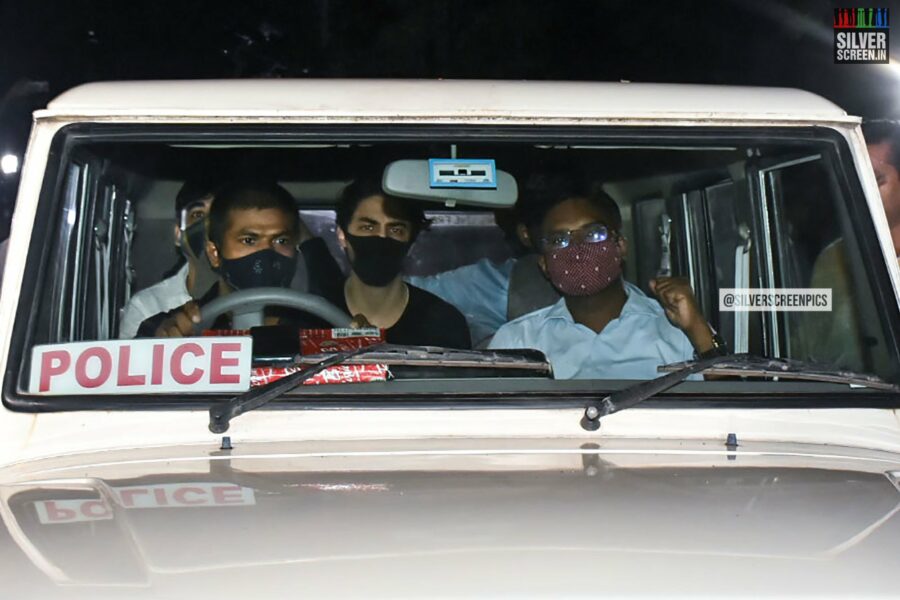Aryan Khan, son of actor Shah Rukh Khan and producer Gauri Khan, was remanded to judicial custody for 14 days by a Mumbai court on Thursday in the case related to the seizure of drugs on board a cruise ship.
Khan was previously in custody with the Narcotics Control Bureau. The court rejected the NCB’s appeal to extend his custody with them.
Meanwhile, Khan’s bail hearing is scheduled for Friday at 12:30 pm.
Difference between police custody and judicial custody
Khan was detained by the NCB on October 3 at around 2 pm after being interrogated over a rave party on a cruise ship. The organisation has on two occasions appealed for an extension of his custody with them and the court had earlier granted it till October 7. This is called police custody or custodial interrogation.
According to Chapter 5 of the Criminal Procedure Code (CrPC), an arrest can be made by a police officer or officer of an investigating agency such as the NCB. The arresting authority cannot detain a person in custody for more than 24 hours without producing them before a magistrate as per section 57 of CrPC.
The court may then remand the arrested person to the custody of police for an additional period not more than 15 days. Police custody basically means that the person is confined in a lock-up or remains in the custody of the officer.
Once the 15-day period is over, the arrested person may further be remanded to judicial custody. Judicial custody is when the person is detained under the purview of the judicial magistrate and is lodged in a central or state prison.
In Khan’s case, the court decided to end his NCB custody on Thursday as it felt further interrogation or custody by the agency was not required. He and the other seven accused, namely Arbaz Seth Merchant, Munmun Dhamecha, Vikrant Chhoker, Ismeet Singh, Nupur Sarika, Gomit Chopra and Mohak Jaswal, were thus remanded to judicial custody for 14 days after Thursday’s hearing.
“Police custody of the accused without cogent reason would amount to a violation of fundamental rights. I am of the view that no custodial interrogation is required as sufficient time was given,” the judge had said.
Recommended
Note: In police custody, the authorities can interrogate a person while in judicial custody, officials need permission of the court for questioning.
What happens now
Khan’s lawyer, Satish Maneshinde, filed an interim bail application immediately after the court remanded him to judicial custody. An interim bail is granted for a short period of time and it is granted before the hearing for regular or anticipatory bail.
According to Section 438 of CrPC, an anticipatory bail appeal can be made at the Sessions court or High court if a person believes they may be arrested for a non-bailable offence. If anticipatory bail is granted, the person shall be released on bail in the event of an arrest.
Khan’s lawyer is expected to argue for bail again on Friday on the same grounds as before – that no illegal substances were found in Khan’s possession.



